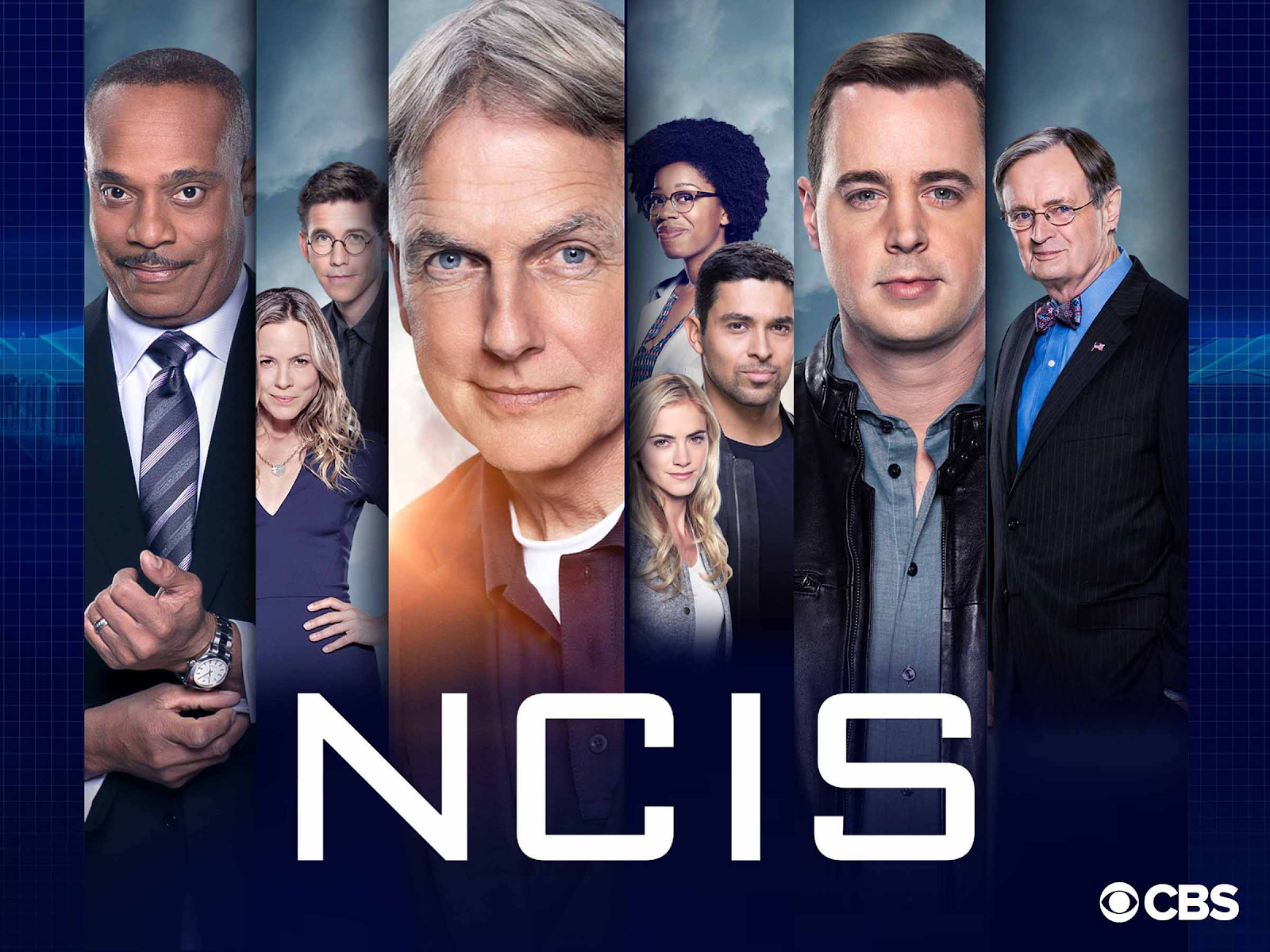Media Factsheet #224: Industrial contexts of Radio:
1) Read the first two pages of the factsheet. How does the Factsheet argue that radio still has cultural significance in the digital age?
The broadcast modes of communication still reach billions of people, despite competition from digital platforms like iTunes, Spotify, YouTube, and many more. Radio can be heard in our homes through voice-activated speakers, television, radio, and in our cars and on our commutes via mobile devices. Because radio material engages the mind in a completely different way than visual mediums, it continues to be incredibly popular with listeners.
2) Look at the page 4 section on media theories. Briefly summarise the ideas of Curran and Seaton, Hesmondhalgh and Livingstone and Lunt.
According to David Hesmondhalgh, the media prioritises profit over originality. According to Curran and Seaton, a select few control a majority of the media's output. Regulation of Livingstone and Lunt Media ought to be consumer-centered.
3) What is the definition of public service broadcasting?
public service broadcasting, as opposed to media that just serves business interests.
4) Look at the list of eight key principles for BBC Radio on page 6 of the factsheet. Choose the three you think are most significant and explain why.
Radio can be accessed geographically universally, allowing for nationwide listening. All audiences will be catered to by the programming due to its universal appeal. Programming that pays attention to minorities is inclusive and not tokenistic.
5) What does the Factsheet suggest is the future of PSB radio and how might Radio 1 fit into this?
The BBC is surviving, but its future appears to be deteriorating, particularly since it cannot persuade the young that it is worthwhile to pay for. It's possible that P.S.B. radio broadcasting may need to pay a separate licence fee or that individual subscriptions to stations could emerge. YouTube and other more visually-oriented media also pose a threat to radio. For this reason, broadcasters like Radio 1 provide more than simply the show itself.
Industry contexts: reading and research:
1) Pick out three key points in the 'Summary' section.
Because the BBC is a publicly financed broadcaster with a mandate to inform, educate, and entertain the public, the public has unusually high expectations of it. The BBC must fulfil the mission and public purposes outlined in its new Royal Charter in order to live up to these expectations. a drafting licence outlining the BBC's obligations to carry out its mandate and plans for Ofcom to evaluate the BBC's overall effectiveness.
2) Now read what the license framework will seek to do (letters a-h). Which of these points could we relate to BBC Radio 1 Newsbeat?
Increase the standards for children's programmes. New, UK-commissioned programming must air on CBBC for at least 400 hours and CBeebies for at least 100 hours each year. Participate in BBC radio's social action projects. We are mandating that Radio 1 run a certain number of significant social action campaigns annually.
3) Which do you think are the three most important aspects in the a-h list? Why?
One of the primary ways Radio 1 may differentiate itself from other radio stations is by providing information and promoting awareness of social issues impacting young people and giving them a platform to engage with; safeguard sensitive genres including arts, music, and religion programming. Our research reveals that while some audiences value these topics highly, others are in decline. Therefore, we have reaffirmed stricter criteria for BBC One and BBC Two to air these types of shows. Support a variety of cherished genres. The BBC must support a variety of genres across all of its channels and offerings, including drama, comedy, factual programming, and many music genres.
4) Read point 1.9: What do Ofcom plan to review in terms of diversity and audience?
Examine how diverse the BBC's programming is on-screen, especially in terms of its well-liked peak-time programmes. In order to determine whether the BBC accurately represents and reflects the lives of all people in the UK, the review will explore what viewers can reasonably expect from the broadcaster.
5) Based on your reading and research, do you think BBC Radio 1 Newsbeat offers licence fee payers good value for money?
In my opinion, BBC Radio 1 Newsbeat does not provide good value for the money spent on it because it continues to fall short of reaching its intended audience and is being eclipsed by services like Youtube and Tiktok.
1) What was Ben Cooper trying to do with Radio 1?
"I want Radio 1 to become the Netflix of music radio,"
2) How does he argue that Radio 1 is doing better with younger audiences than the statistics suggest?
He is beginning out with 25 hours of on-demand "phone-first" material, such as a weekly "Top 10 most-played tracks of the week" programme, but plans to significantly increase the hours next year.
3) Why does he suggest Radio 1 is distinctive from commercial radio?
Cooper touts innovation, but Radio 1's competitors and a report given to the culture secretary that served as the basis for this year's charter review white paper accuse the station of lacking in originality.
4) Why is Radio 1 increasingly focusing on YouTube views and digital platforms?
For young audiences, I'm competing with Minecraft and Pokémon Go. People need to be convinced to turn off Minecraft, watch Live Lounge, put down their iPads, and tune in to the radio. That is what keeps me awake at night. Instead of today, I'm thinking about tomorrow.
5) In your opinion, should the BBC’s remit include targeting young audiences via Radio 1 or should this content be left to commercial broadcasters? Explain your answer.
Since commercial broadcasters are better able to accommodate consumer needs when trends and audience preferences change, I think material should be left to them. Since Radio 1 stuck with what they believed to be successful, the number of listeners has drastically decreased.

Comments
Post a Comment